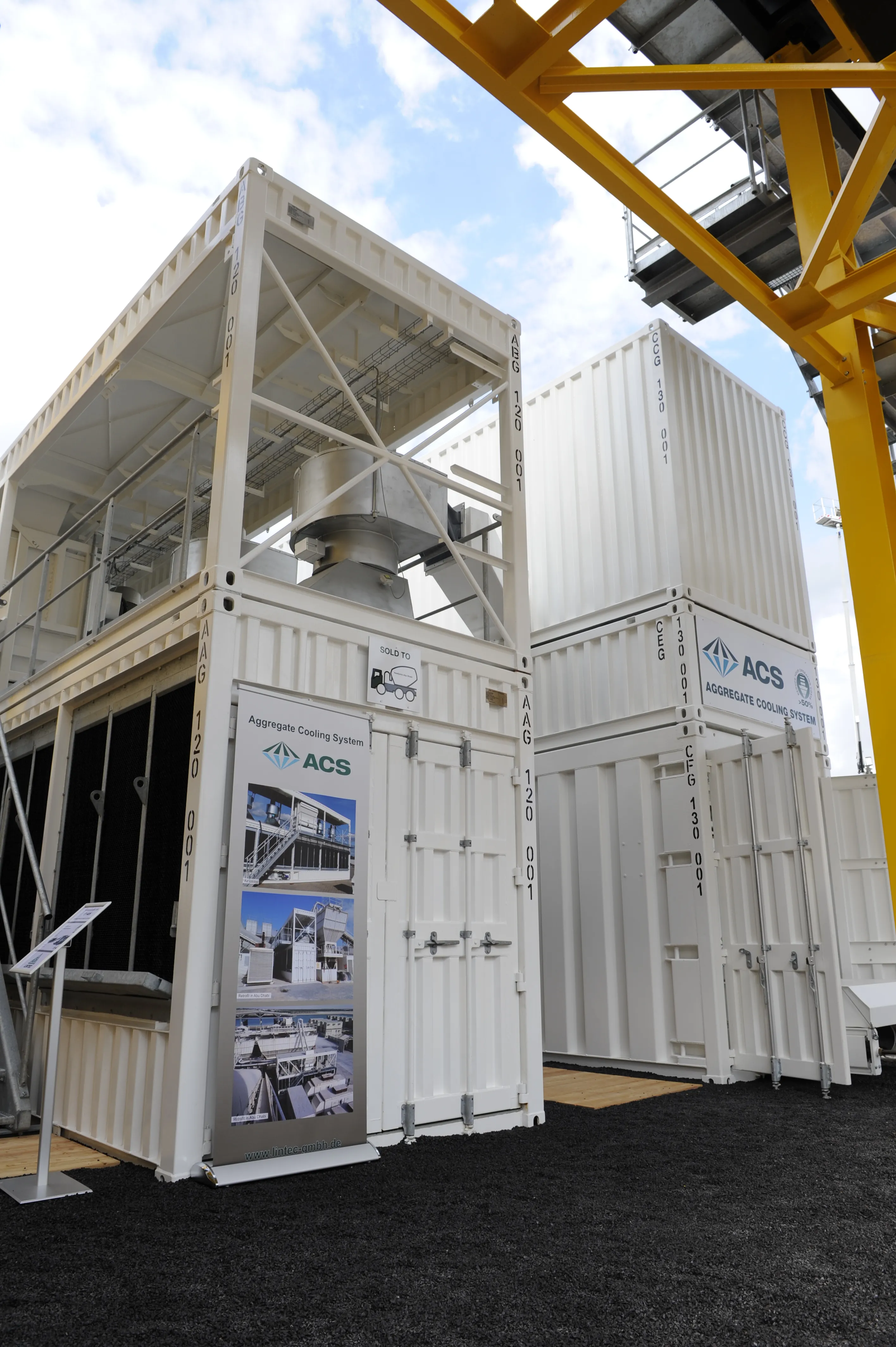The ContiTech Conveyor Belt Group claims it has taken a major step towards sustainable technology with the launch of the Conti lightweight, which can reduce the weight of fabric conveyor belts by up to 30%. “The lower weight significantly reduces the amount of drive energy needed,” explained Frank Kantorek, from the company’s business development section. “This means Conti lightweight technology makes a major contribution to the conservation of resources and protection of the environment,” he added.
January 6, 2017
Read time: 2 mins

The 1527 ContiTech Conveyor Belt Group claims it has taken a major step towards sustainable technology with the launch of the Conti lightweight, which can reduce the weight of fabric conveyor belts by up to 30%.
“The lower weight significantly reduces the amount of drive energy needed,” explained Frank Kantorek, from the company’s business development section.
“This means Conti lightweight technology makes a major contribution to the conservation of resources and protection of the environment,” he added.
In addition to a significant weight reduction, the new technology has other positive effects.
The new Conti lightweight technology is used not only for fabric conveyor belts but also in the manufacture of a whole range of different components.
“Over the next few months we are going to extend the technology to further products, for example to the engineered products segment,” said Kantorek.
“We are planning to use the technology for profiles, for example, to achieve a significant reduction in component weight.”
“The lower weight significantly reduces the amount of drive energy needed,” explained Frank Kantorek, from the company’s business development section.
“This means Conti lightweight technology makes a major contribution to the conservation of resources and protection of the environment,” he added.
In addition to a significant weight reduction, the new technology has other positive effects.
The new Conti lightweight technology is used not only for fabric conveyor belts but also in the manufacture of a whole range of different components.
“Over the next few months we are going to extend the technology to further products, for example to the engineered products segment,” said Kantorek.
“We are planning to use the technology for profiles, for example, to achieve a significant reduction in component weight.”
Stand: B2.301/402
%$Linker:






